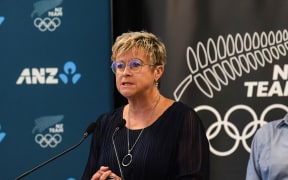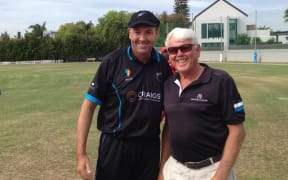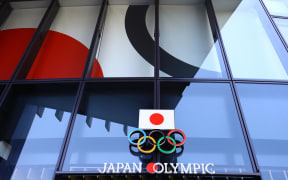It's good that live sport's gone. The only shame is that self-interest convinced some codes to continue longer than they should have.
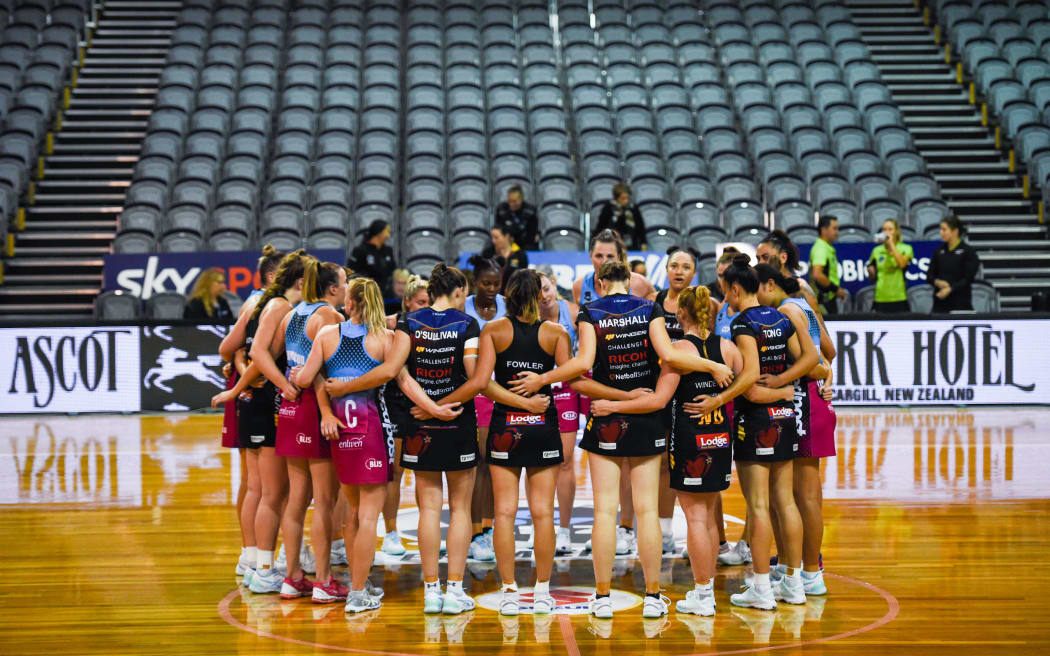
The Southern Steel and Waikato Bay Of Plenty Magic played in front of an empty stadium in March due to Covid-19. Photo: PHOTOSPORT
But we will have games again, at both professional and recreational level and each will be better for this break.
I feel a genuine optimism about what necessity might create here in New Zealand.
Yes, things look grim for now. Codes and media companies are struggling financially, but the situation isn't terminal.
Sport will return. Maybe not in front of crowds, or involving teams from beyond or borders, but competitions will resume. Or, better still, start afresh.
We will never be presented with a better opportunity to fix some broken models. To strip things back and create sustainable sport that better reflects New Zealand and its communities.
That pays players what they're actually worth, rather than what we have to pay to keep - in a rugby sense - clubs in Europe and Japan from poaching our best talent.
Let's linger on rugby a minute, given it remains our national game (if only in name) and tends to pay people the most obscene amount of money.
Our best All Blacks make in the vicinity of $1 million. Reports vary as to what the coach gets, but it's said to be in the same ballpark.
In a truly magnanimous gesture, All Blacks head coach Ian Foster has acknowledged that these are difficult times and a reduction in pay for he and the players is probably in order.
You can argue whether coaching the All Blacks is a tough gig or not.
On one hand, you not only have the best players in the world at your disposal, but total control over them too, given the centralised contract system.
On the other, there is the weight of expectation and knowing the New Zealand fanbase demands nothing short of excellence.
But the prime minister is on $471,079 a year and, really and truly, has a lot more on their plate than any All Blacks coach ever has.
It's hard to see how all these multi-national sporting competitions will continue. Or maybe even why? Apart from money, obviously.
In the short to medium term, things will localise. Sport will eventually resume, but competitions will be internal.
And, boy, will there be a demand for it, no matter what the code.
This is a chance to create genuine sporting hubs, where various sports share facilities.
To build franchises that boast men's and women's teams from a variety of codes.
AFL club Collingwood, for instance, also have a netball team and why can't we here in New Zealand design entities that have multiple sports under their banner?
It will take time for the economy to become buoyant again, so why have hockey, basketball, netball, rugby league, football and rugby competing for the same buck, when some or all of them could belong to the same franchise?
You could have one shared training facility, one high-performance unit, one stadium and one broad fanbase.
The knock on professional sport in New Zealand is that it can't pay it's own way.
We need teams from other countries, with their bigger populations and larger broadcast markets, to stump up most of the cash.
But that's assuming we have to pay Beauden Barrett and company $1 million not to disappear to the south of France.
These other leagues and nations are going to have to retrench just as much as ours are, never mind the inevitable travel restrictions that are likely to exist for the foreseeable future.
Even if it's hard to imagine many New Zealand athletes wanting to leave the safety of these shores anyway.
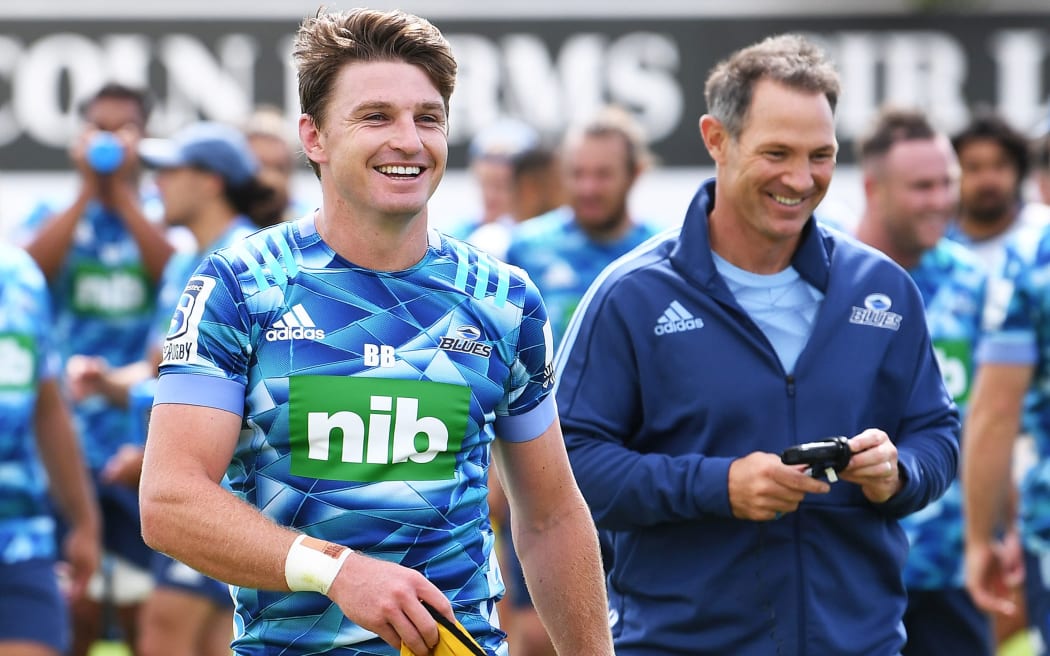
Could Hamish Bidwell's idea mean the end of Beauden Barrett playing in New Zealand? Photo: Andrew Cornaga/Photosport
Not only is a demand going to be created for us to watch our own sportsmen and women compete among themselves, circumstances have arisen which might suddenly make that affordable again.
The show will go on, eventually. And when it does, people will want to watch it and read about it and hear about it and the whole sports industry will get back on its feet again.
Until then, we all face a few challenges to stay fit and well and sane and to pay our bills.
But challenges also present opportunities and our sports administrators now have a chance to create a more modest model that might thrive for generations to come.

